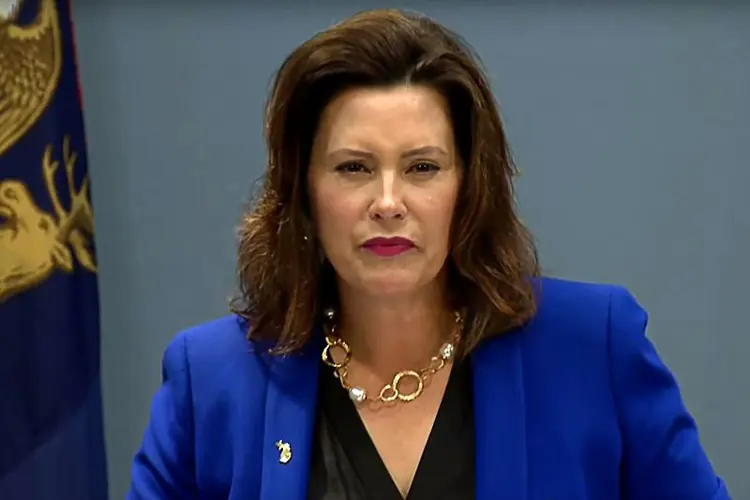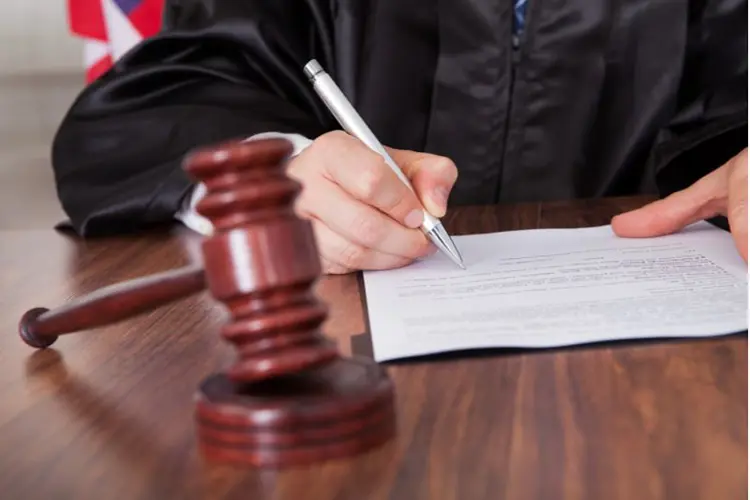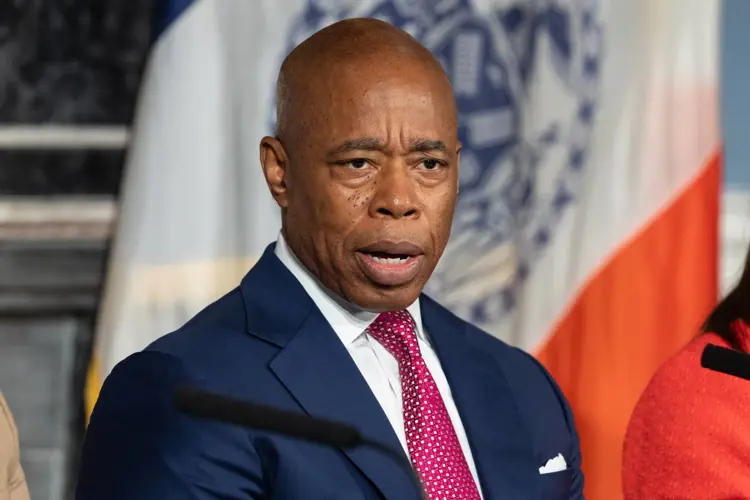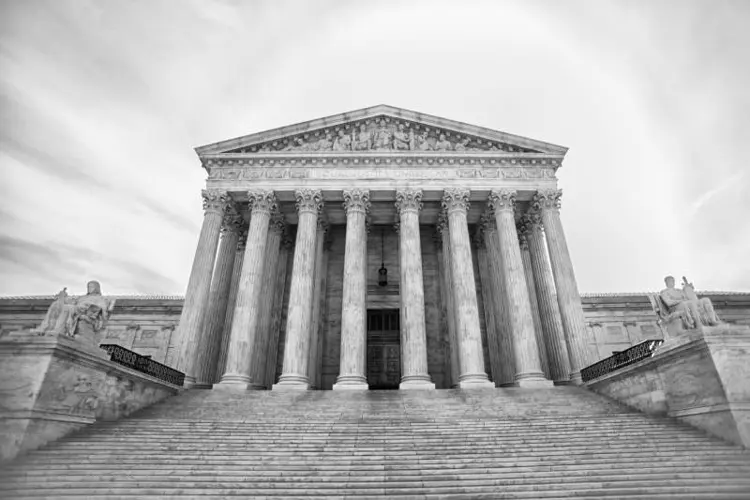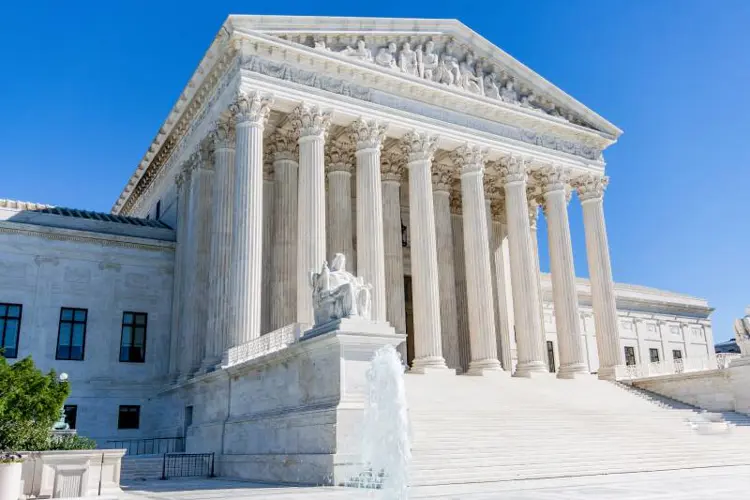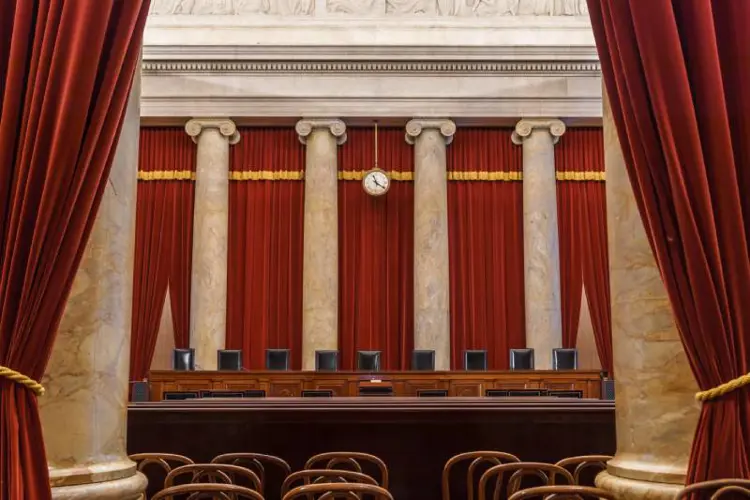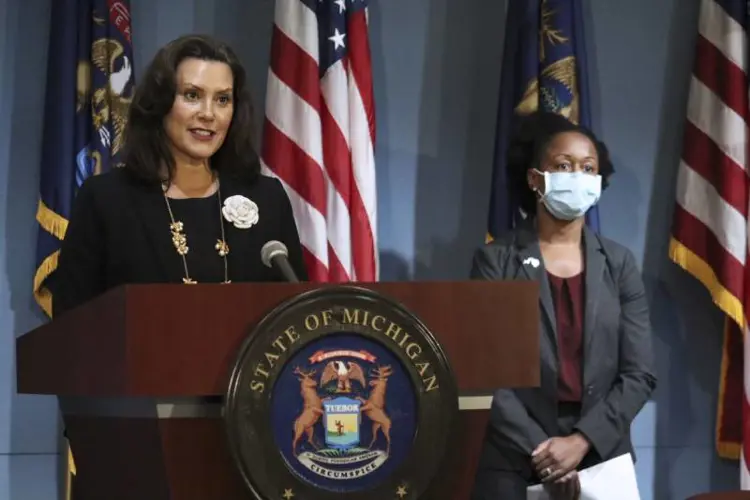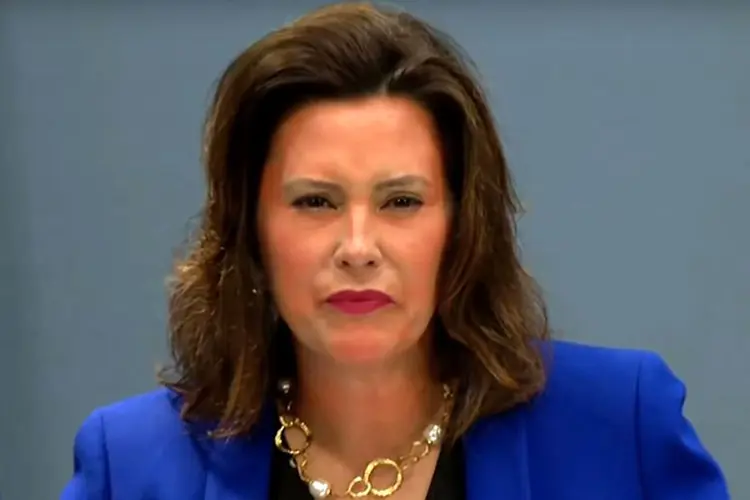Michigan vapers can buy flavored products again, thanks to an injunction granted by Judge Cynthia Diane Stephens in the Michigan Court of Claims.
Judge Stephens ruled that plaintiffs Marc Slis and 906 Vapor and A Clean Cigarette Corp. are likely to prevail in their lawsuits against Gov. Gretchen Whitmer and the Michigan Department of Health and Human Services (MDHHS), and therefore the state is temporarily enjoined from enforcing its emergency ban. Both plaintiffs demonstrated that they would suffer irreparable harm if the ban remained in place while the trial proceeds, said Judge Stephens.
That means vaping businesses are free to once again sell the flavored products that most adult vapers prefer. The injunction will remain in place until the case itself is decided, which could take months, according to a lawyer involved in the case.
However, the state can appeal the injunction, and both Gov. Whitmer and Attorney General Dana Nessel said Tuesday that they intend to do just that. Whitmer said she would take the decision directly to the state supreme court.
Michigan e-liquid sellers were theoretically able to sell to customers in other states even before the injunction. That change was part of a little-noticed Oct. 4 “interpretive statement” from MDHHS. However, the emergency rule still prevented vendors from advertising flavored liquids, or using images or descriptions of the flavors, so it’s not clear how customers out of state would have known the products were for sale. Now Judge Stephens' action makes that question moot.
The injunction was handed down five days after Judge Stephens finished hearing testimony last week at the Court of Claims in Detroit. The Court of Claims hears all civil actions filed against the state.
The state’s Chief Medical Executive Dr. Joneigh Khaldun testified that the MDHHS decision to declare a public health emergency was focused solely on the issue of youth vaping, which she said was caused by the existence of flavored vaping products. She said the current outbreak of lung injuries was not the reason for the declaration.
Based on her answers to questions by attorneys for the plaintiffs, Dr. Khaldun knew very little about the issue. She wouldn’t admit that former FDA Commissioner Scott Gottlieb is an expert on the topic. And she claimed to be unaware of the 2018 systematic review of vaping evidence published by the National Academies of Sciences, Engineering and Medicine. The plaintiffs were actually unable to get the document admitted as a “learned treatise” because Khaldun was unfamiliar with it, and the plaintiffs’ expert witness Amelia Howard ( a sociologist) was not allowed to opine on public health questions.
Khaldun said she had considered implementing an emergency order that would have allowed adult access to flavored products, but rejected the idea because e-cigarettes “are not FDA-approved smoking cessation products.” She also indicated that the only reason anyone should vape is to completely quit nicotine.
“Because I care about all people, I don’t think anyone should use these products,” Khaldun said.
Khaldun based her emergency decision in large part on the U.S. Surgeon General’s December 2018 declaration of a vaping epidemic, which itself was based on 2018 National Youth Tobacco Survey data that had been collected during the spring of last year.
Judge Stephens said in her decision that the state waited at least eight months beyond the point when there was a legitimate emergency before declaring it an emergency. The state’s “lengthy period of inaction, combined with old data, undermines the emergency declaration in this case,” wrote the judge.
The normal procedures mandated by the Administrative Procedures Act could have been initiated and run their course during the time the state waited to declare an emergency, she said in her decision.
What happens next? If the governor and her administration have anything to say about it, the judge’s injunction will be overturned forthwith and the ban will continue. The lawyers representing the vapor plaintiffs argued in the injunction hearing that Whitmer was eager to implement her ban to score political points, and she has done nothing to make anyone doubt that.
Whitmer plans to bypass the typical legal process and appeal Judge Stephens’ decision directly to the Michigan Supreme Court. Clearly the governor is offended that a mere judge would dare question her authority to ban things she doesn’t like—and to challenge her position as the first governor to announce and implement a flavor ban.
“This decision is wrong. It misreads the law and sets a dangerous precedent of a court second-guessing the expert judgment of public health officials dealing with a crisis,” Whitmer said Tuesday in a statement. “The explosive increase in youth vaping is a public health emergency, and we must do everything we can to protect our kids from its harmful effects. I plan to seek an immediate stay and go directly to the Supreme Court to request a quick and final ruling. I took bold action last month to protect public health, and several states and the White House have followed Michigan’s lead because they know how urgent this is. Enough is enough. Our kids deserve leaders who will fight to protect them. That’s exactly what I’m doing today.”
Attorney General Dana Nessel’s statement is titled “MI AG Dana Nessel Issues Statement on Today's Effort to Block Enforcement of Emergency Vaping Rules,” which is a bizarre way to characterize a ruling by a Michigan judge. A judgement by a state court on a legal issue is not an “effort to block” anything. It is a binding legal ruling, based on the strength of the arguments presented by the parties involved.
“We are resolute in our efforts on behalf of Governor Whitmer and the Michigan Department of Health & Human Services to protect the health of Michigan’s children,” said Nessel. “The youth vaping crisis is an urgent public health matter that demands immediate action. To that end we are preparing to seek an immediate stay and will seek leave to appeal the judge’s decision directly to the Supreme Court.”
Neither politician seems much interested in the needs of Michigan’s adult vapers and smokers. That’s why we have judges—to separate actual legal arguments from spurious ones driven by political ambitions.
A second Michigan lawsuit, filed in federal court in Grand Rapids by Mr. E-Liquid, will proceed soon. It’s unclear at this point whether the state’s “interpretive statement” (described above) that allows out-of-state sales will make that challenge—based on interstate commerce—unnecessary.
The Freemax REXA PRO and REXA SMART are highly advanced pod vapes, offering seemingly endless features, beautiful touchscreens, and new DUOMAX pods.
The OXVA XLIM Pro 2 DNA is powered by a custom-made Evolv DNA chipset, offering a Replay function and dry hit protection. Read our review to find out more.
The SKE Bar is a 2 mL replaceable pod vape with a 500 mAh battery, a 1.2-ohm mesh coil, and 35 flavors to choose from in 2% nicotine.
Because of declining cigarette sales, state governments in the U.S. and countries around the world are looking to vapor products as a new source of tax revenue.
The legal age to buy e-cigarettes and other vaping products varies around the world. The United States recently changed the legal minimum sales age to 21.
A list of vaping product flavor bans and online sales bans in the United States, and sales and possession bans in other countries.







